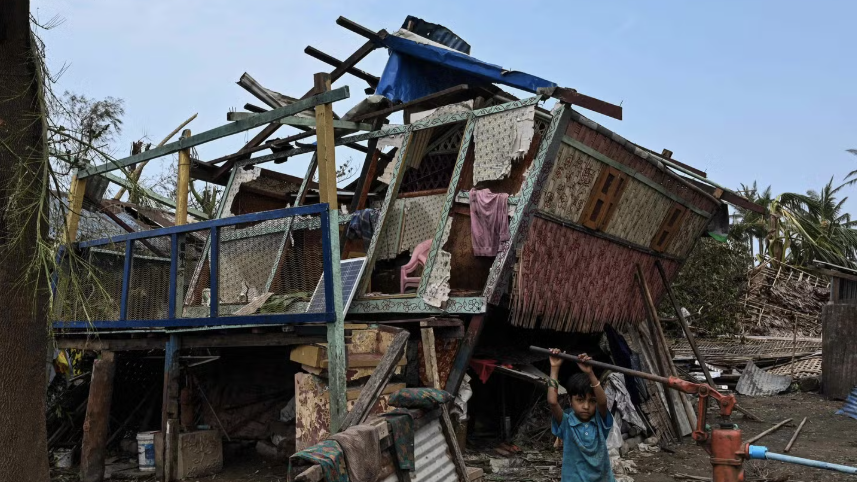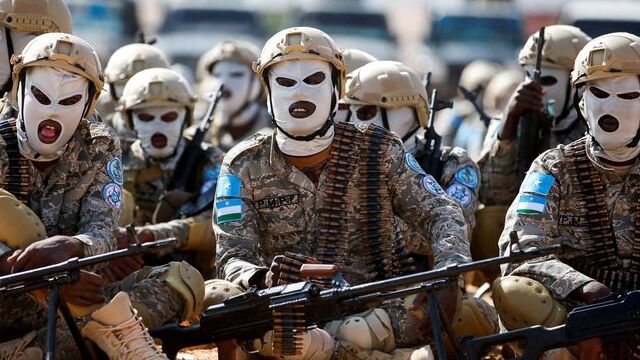
Burma: Between earthquakes and cries of famine, a devastating humanitarian crisis.
In Burma, the earth is shaking, but it's hunger that's making the loudest noise. And unfortunately, the situation is becoming increasingly critical. After several seismic shocks, the violence of civil conflict is making a strong comeback, leaving behind a landscape of desolation and a population crying out for starvation. In this chaotic context, while some spend their time chasing promises of peace, others face a much darker reality where their plates are emptying at an alarming rate.
A food crisis
The United Nations report is unequivocal: nearly 17 million Burmese are now food insecure. This staggering figure reflects a silent suffering that, in broad daylight, transforms into a cry of despair. Imagine stealing a mouthful of bread from a starving child—that's almost the reality of Burma's displacement camps. These people are fighting for their survival, while politicians seem bogged down in baseless rhetoric. Meanwhile, the rice paddy, once a symbol of prosperity, has become a battleground of another kind: the fight for food.
Conflicts with devastating consequences
While earthquakes get the spotlight, the real shocks come from the constant fighting between government forces and armed groups. Families are torn apart, villages reduced to ashes, and prosperity evaporated. Armed conflict is an explosive cocktail that exacerbates food insecurity. Roads are blocked, markets closed, and crops abandoned. The situation is such that an entire generation could grow up without knowing what a balanced meal means. It's incredible how war draws on the same energy reserves as famine, leaving a bitter taste in the mouths of those who still have hope. But what is the international community doing? It seems everyone is watching Burma like a horror movie where they know the ending will be tragic.
A call to action ignored
Calls for help keep coming, but what is the world's powerful response? An evasive response, unfulfilled material support, and ultimately, empty promises. NGOs are doing their best, but it will never be enough without a significant change of direction at the political level. The Berbers who hide their faces in air-conditioned living rooms seem to forget that beyond the conferences and the outward displays of sympathy, there are suffering human lives being extinguished every day. The real question remains: how long can we endure this tragic spectacle?
It is time to redouble our efforts to provide meaningful, concrete assistance to those in need, while also pushing those involved to make the necessary compromises to end this vicious cycle. Hunger in Burma is not just a local problem; it reflects a world that refuses to see the suffering of others until it reaches its own borders. If we do nothing, this crisis will inevitably spill beyond Burma's shores, and one day, we will all face the consequences of our complicit silence.



Leave a comment
This site is protected by hCaptcha and the hCaptcha Privacy Policy and Terms of Service apply.